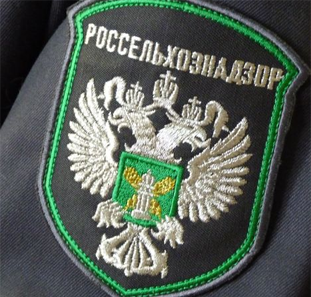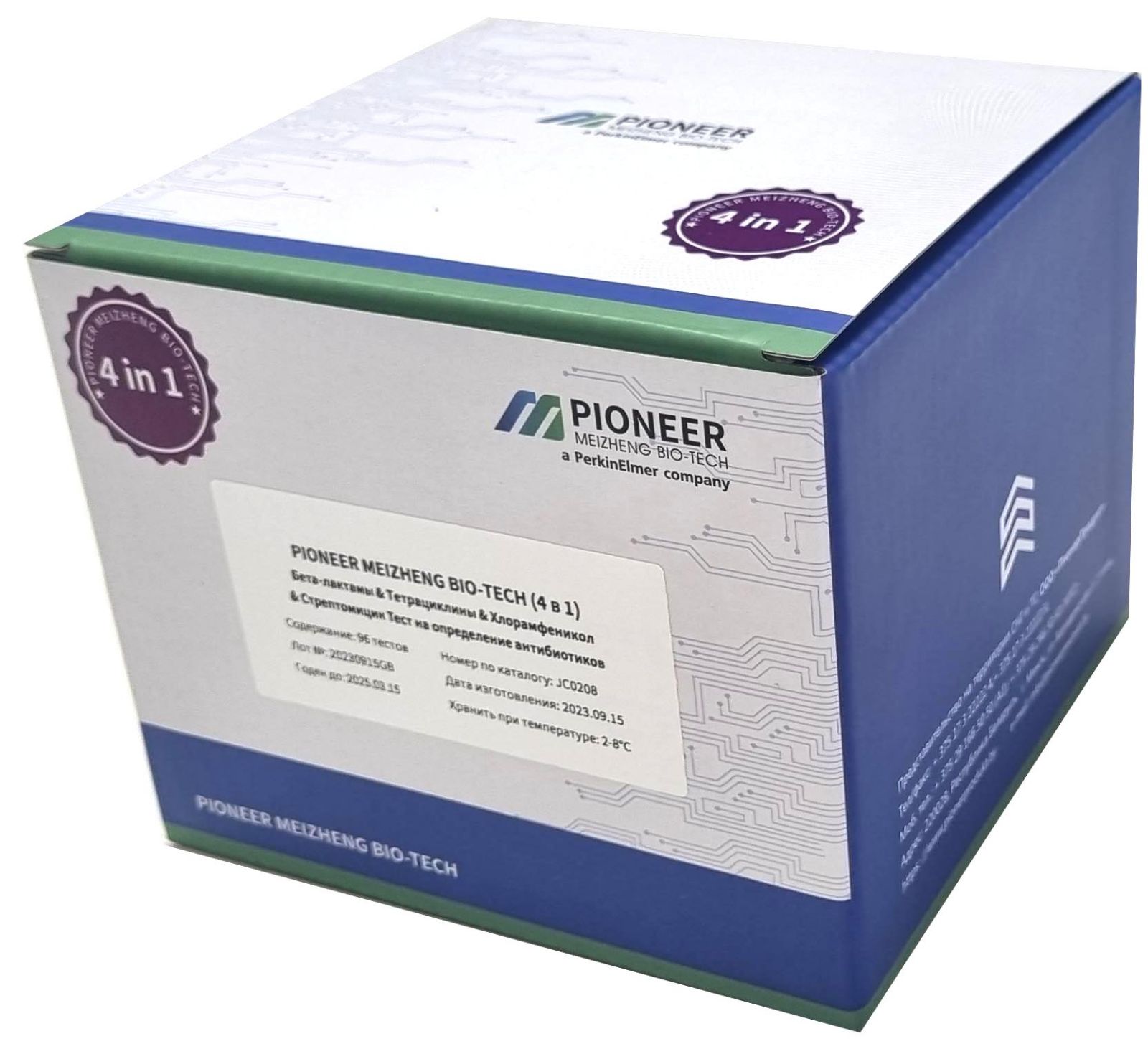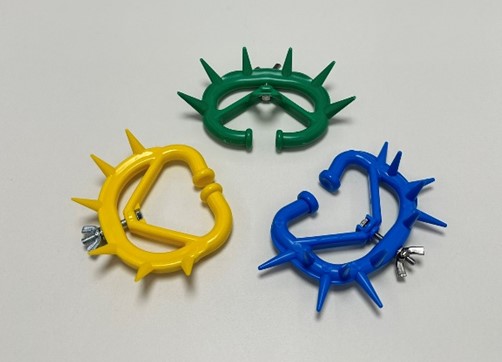Rosselkhoznadzor discussed with the business community issues of export of agricultural products on the sidelines of the exhibition “Golden Autumn - 2023”
Модератором ежегодно организуемого на полях выставки мероприятия стал Советник Руководителя Россельхознадзора Василий Лавровский. В качестве спикеров выступили ответственные сотрудники ведомства, а также руководство Молочного союза, «Опоры России», Союза экспортеров зерна, крупнейших агрохолдингов и сельхозпредприятий страны.
Начальник отдела поддержки экспорта продукции животноводства Управления ветеринарного надзора при экспортно-импортных операциях, на транспорте и международного сотрудничества Россельхознадзора Евгения Лазуткина сообщила, что на сегодняшний день Россия имеет право поставок животноводческой продукции в 105 стран мира. Ежегодно Россельхознадзор расширяет экспортные возможности для российских компаний, получая допуск в новые страны и расширяя ассортимент товаров, поставляемых на уже открытые ранее рынки. В 2023 году получено право экспорта в 10 стран для поставок 25 видов продукции животноводства: рыбной продукции — в Перу, Таиланд и Тунис, молочной продукции, говядины и мяса птицы – в Пакистан, живых животных – в КНДР и Пакистан, кормовой продукции – в Гайану, Индию, Иорданию, Саудовскую Аравию, Пакистан, Перу и Тунис.
Despite the difficulties created by sanctions pressure with cargo logistics and international payments, domestic companies continue to conduct active foreign trade, focusing on partnerships with countries in Asia, the Middle East, Latin America, the CIS and the EAEU . According to the results of 9 months of this year, pork exports increased by 7.5% , fish products by 6% and dairy products by 4.8%.
The main increase in the supply of fish products was provided by CHINA , which canceled testing throughout the cold chain for CORONAVIRUS . A landmark event this year was the lifting of 15-year restrictions on pork supplies to China. Now the regulatory agencies will have to agree on EXPORT conditions, prepare the appropriate protocol and veterinary certificates, and Russian companies will have to undergo examination for compliance with the requirements of the People's Republic of China.
As for grain crops, as reported by Olga Zakharova , HEAD of the Department of Internal Phytosanitary and Land Supervision, Quality Control and Grain Safety of ROSSELKHOZNADZOR , this year exports were carried out to 109 countries. Delivery volumes have already exceeded those of the previous four years. In particular, shipments of barley, corn, flax seeds and grain legumes doubled. This year, corn supplies began for the first time to Egypt , Oman, Qatar and Venezuela, peas to Portugal, North Korea, Hungary and Algeria, wheat shipments to Vietnam and Indonesia were resumed, and the right to export millet to China was obtained.
Now Rosselkhoznadzor is actively working to cancel regionalization for the supply of corn and rice to China, which could happen before the end of 2023. The approval of rye FLOUR, semolina, bran, edible soybean meal, mung beans, beans and other products is also being studied. The main efforts are aimed at obtaining the opportunity to export winter wheat and barley to China.
Over the past 10 years, grain export volumes to China have increased 27 times to a record 3.5 million tons. Trade progress is based on many complex meetings and negotiations between Rosselkhoznadzor and the General Administration of Customs of the People's Republic of China, the organization of visits to assess the phytosanitary surveillance system, the preparation of numerous documents and materials, the coordination and ratification of bilateral agreements.
Obtaining the right to access the markets of other countries also has a multi-stage and lengthy nature. Taking this into account, Rosselkhoznadzor drew the attention of those present to the importance of carefully studying import requirements and appropriate preparation of each batch of products before shipment. The agency continues to receive notifications from countries that purchase Russian grain about non-compliance with the requirements of the importing country, each of which is subject to careful analysis in order to take corrective measures. This year, 20 such notifications have already been received.
The round table also became a platform for open discussion of problematic issues, most of which are related to the lack of export activity with supply agreements reached by Rosselkhoznadzor and complex procedures for opening new sales markets. The issues of registration of export documentation, including for multi-component goods, and the transition to electronic document management using the “My Export” service were also touched upon.
Separately, the participants discussed the difficulties that arise when exporting perishable dairy products and proposals for systemic measures to support the industry, voiced by the DIRECTOR of the Dairy Union Lyudmila Manitskaya.
Concluding the meeting, Vasily Lavrovsky emphasized that Rosselkhoznadzor has always been focused on helping conscientious exporters and carefully considering the requests of entrepreneurs, ensuring the high reputation of Russian products on world agricultural markets.



























































